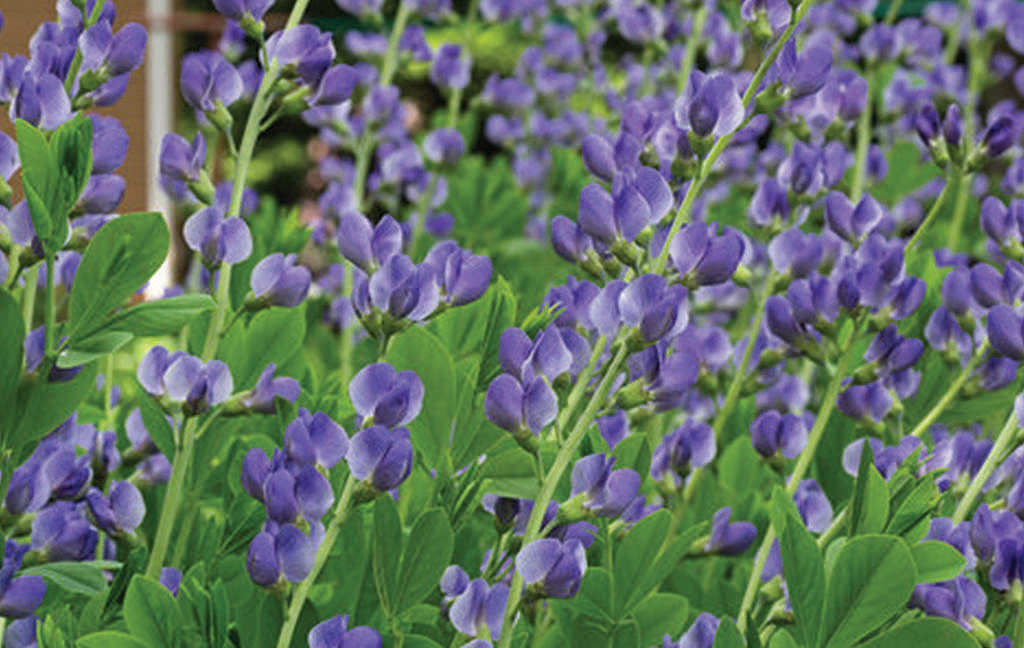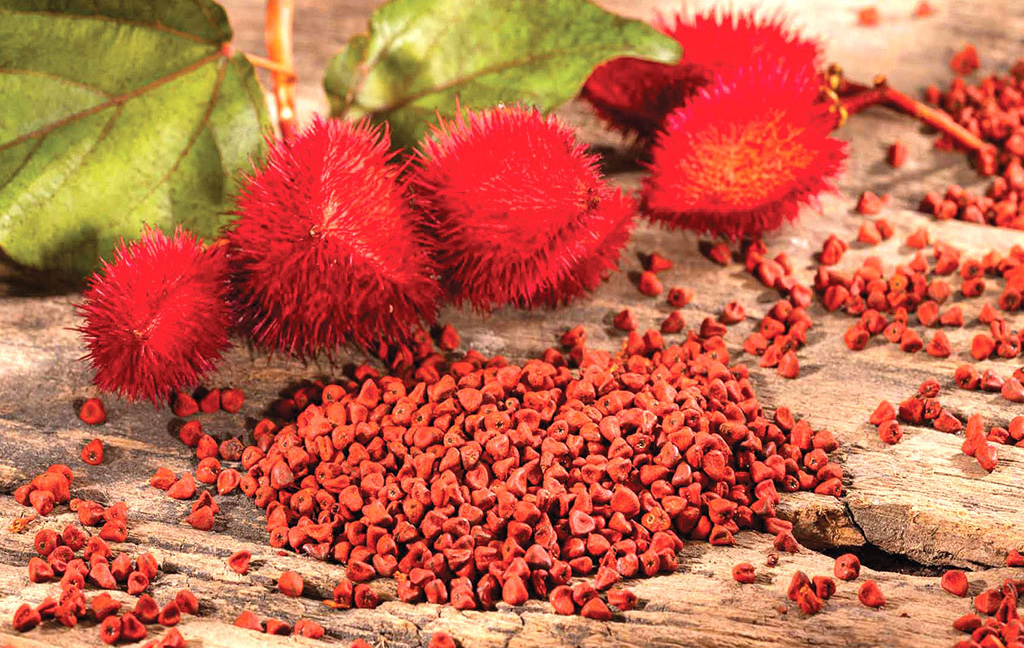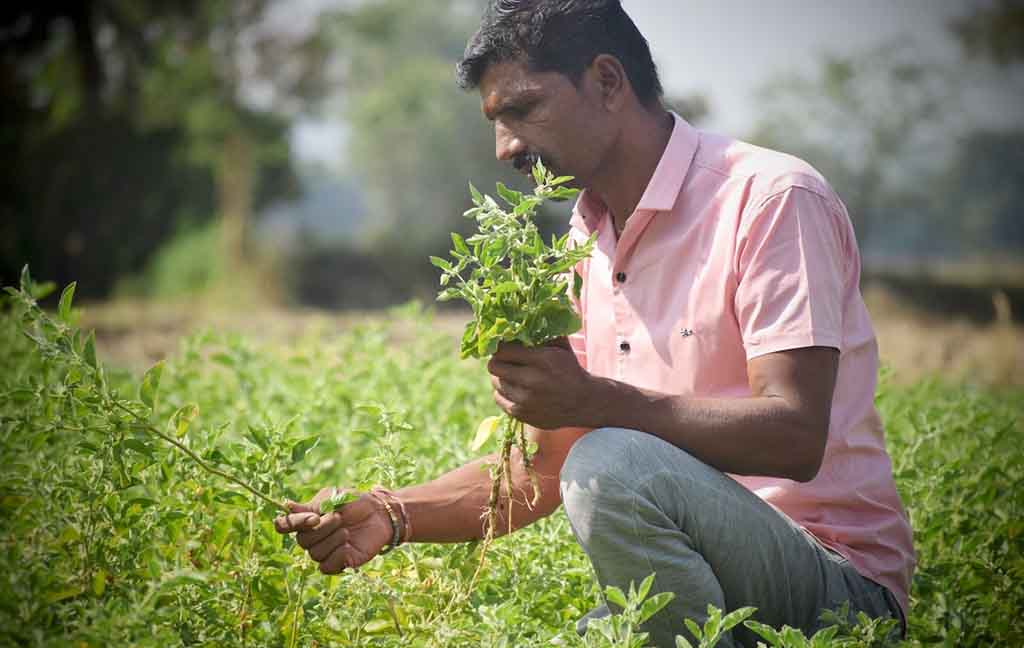Farmers Empowerment
Farmers Empowerment
Let's talk about how we can empower farmers.

Herbal plants have gained increasing popularity in the agricultural sector as they offer a multitude of benefits for both farmers and the environment. Cultivating herbal plants not only provides a sustainable source of income for farmers but also contributes to biodiversity, soil health, and pest management. By growing herbs such as basil, mint, and thyme, farmers can diversify their crop portfolios and reduce their reliance on chemical pesticides and fertilizers. Furthermore, these plants are known for their medicinal properties, creating additional revenue streams through the sale of essential oils or herbal products. Overall, incorporating herbal plants into agricultural practices empowers farmers to adopt more environmentally friendly farming methods while improving their economic resilience in an ever-changing market.
Herbal plants cultivated for the purpose of producing ayurvastra herbal dye not only provide sustainable and organic alternatives to synthetic dyes but also serve as a source of empowerment for farmers. By growing these plants, farmers are able to tap into a niche market that values natural and eco-friendly products, thus increasing their income and livelihoods. Additionally, the cultivation of herbal plants supports biodiversity and promotes traditional farming practices that have been passed down through generations. The use of ayurvastra herbal dye also aligns with the principles of Ayurveda, offering health benefits through the absorption of medicinal properties present in the natural dyes. Overall, this practice not only benefits farmers economically but also contributes to environmental conservation and the preservation of cultural traditions.



